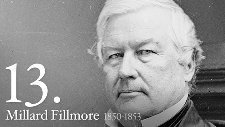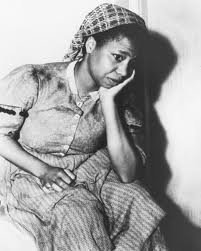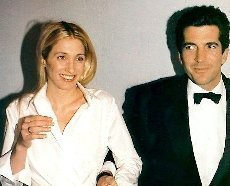
Birthday cakes have been a part of birthday celebrations in Western European countries since the middle of the 19th century. However, the link between cakes and birthday celebrations may date back to ancient Roman times; in classical Roman culture, cakes were occasionally served at special birthdays and at weddings. These were flat circles made from flour and nuts, leavened with yeast, and sweetened with honey.
In the 15th century, bakeries in Germany began to market one-layer cakes for customers' birthdays in addition to cakes for weddings. During the 17th century, the birthday cake took on its contemporary form. These elaborate cakes had many aspects of the contemporary birthday cake, like multiple layers, icing, and decorations. However, these cakes were only available to the very wealthy. Birthday cakes became accessible to the lower class as a result of the industrial revolution and the spread of more materials and goods.
The cake, pastry, or dessert is served to a person on their birthday. In contemporary Western cultures, the cake is topped with one or more lit candles, which the celebrated individual attempts to blow out.
There is no standard for birthday cakes, though the "Happy Birthday" song is often sung while the cake is served in English-speaking countries, or an equivalent birthday song in the appropriate language of the country. The phrase "happy birthday" did not appear on birthday cakes until the song "Happy Birthday to You" was popularized in the early 1900s. Variations of birthday songs and rituals exist in different parts of the world. In Uruguay, party guests touch the person's shoulder or head following the singing of "Happy Birthday to You". In Ecuador, the person whose birthday it is will take a large bite of the birthday cake before it is served. In Peru, guests sing "Happy Birthday to You" first in English with the name of the individual whose birthday it is, then in Spanish, later they sing any other song in Spanish regarding cake or date, finally blowing candles and serving the cake.
The birthday cake is often decorated with small candles, secured with special holders or simply pressed down into the cake. The cake can also be served with other sweets such as ice cream. In the UK, North America and Australia, the number of candles is usually equal to the age of the individual whose birthday it is, sometimes with one extra for luck. Traditionally, the person whose birthday it is makes a wish, which is thought to come true if all the candles are extinguished in a single breath.
To represent a sharing of joy and a sense of togetherness, the cake is shared amongst all the guests attending the party.
One theory explaining the tradition of placing candles on birthday cakes is attributed to the early Greeks, who used candles to honor the goddess Artemis' birth on the sixth day of every lunar month. The link between her oversight of fertility and the birthday tradition of candles on cakes, however, has not been established.
A reference to the tradition of blowing out the candles was documented in Switzerland in 1881. Researchers for the Folk-Lore Journal recorded various "superstitions" among the Swiss middle class. One statement depicted a birthday cake as having lighted candles which correspond to each year of life. These candles were required to be blown out, individually, by the person who is being celebrated.
- 1/2 cup (2 ounces) shredded Mexican cheese blend
- 2 (7-inch) whole wheat or flour tortillas
- 4 slices Canadian-style bacon (2-1/2 ounces)
- 4 eggs, beaten
- Salsa
- Sprinkle 1/4 cup cheese on one side of each tortilla. Top each with 2 bacon slices.
- Coat large nonstick skillet with cooking spray; heat over medium heat until hot. Pour in eggs. As eggs begin to set, gently pull the eggs across the pan with an inverted turner, forming large soft curds. Continue cooking, by pulling, lifting and folding eggs, until thickened and no visible liquid egg remains. Do not stir constantly.
***If you prefer, feel free to substitute 2 thin ham slices for the Canadian-style bacon.
1966 – Carolyn Bessette-Kennedy, American publicist (d. 1999)















